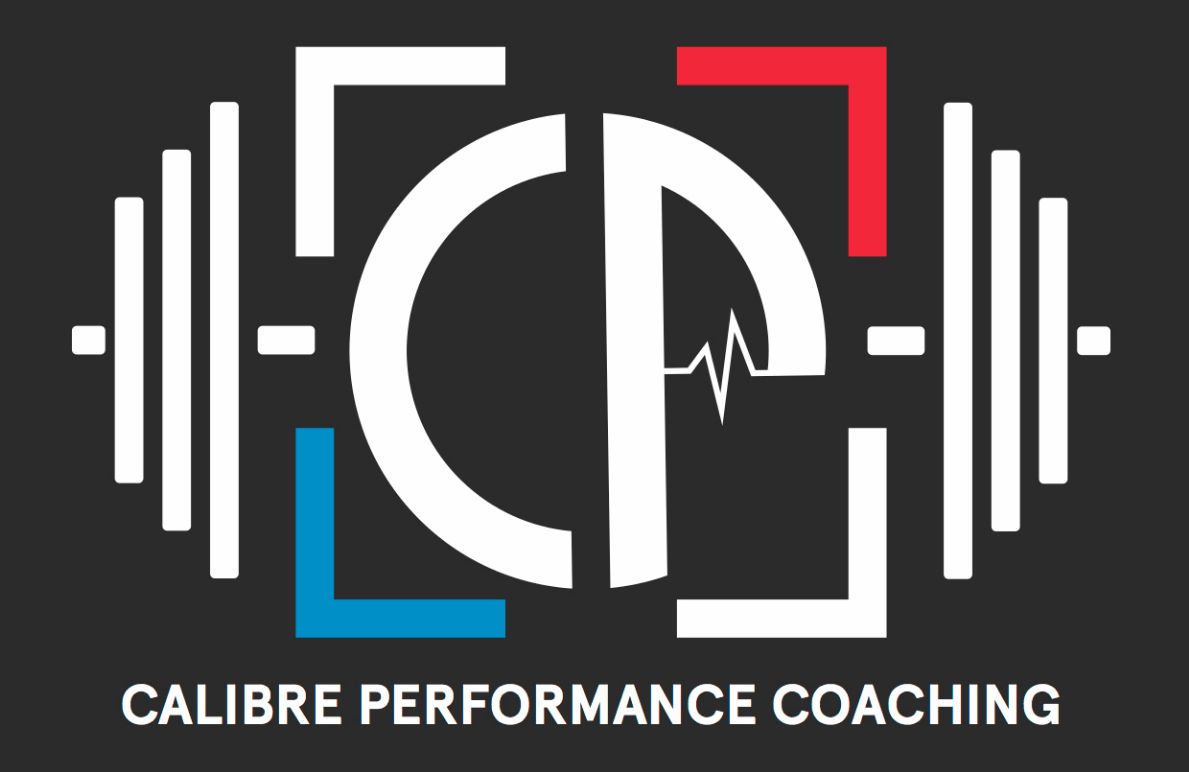Exercise for Longevity
Cardio and strength training are not opposing forces; they are complementary components of a well-rounded fitness programme. Together, they provide a foundation for both longevity and a higher quality of life.
Engaging in regular cardio exercise has a multitude of benefits that contribute to a longer, healthier life:
1. Improved Heart Health
C.V. activity strengthens the cardiovascular system, making it more efficient at pumping blood throughout the body. This, in turn, reduces the risk of heart disease, high blood pressure, and stroke.
2. Metabolic Boost
Cardio workouts elevate your metabolic rate not only during the exercise itself but often for hours afterwards. This boost helps with weight management and reduces the risk of obesity-related diseases.
3. Enhanced Lung Capacity
Improving your cardiovascular endurance means your lungs work more efficiently, increasing your overall stamina and making everyday activities easier.
4. Mental Health Benefits
Cardio is a natural mood enhancer. It releases endorphins—those feel-good hormones—helping to combat stress, anxiety, and depression. A happy mind contributes significantly to longevity!
5. Cognitive Function
There is evidence of a correlation between regular aerobic exercise and improved cognitive function, reducing the risk of dementia and cognitive decline as we age.
Strength Training helps maintain a high quality of life. Some benefits of resistance training are:
1. Muscle Preservation
As we age, we naturally lose muscle mass (sarcopenia). Strength training helps combat this loss, maintaining muscle mass and functionality, which is crucial for independence in everyday tasks.
2. Bone Health
Resistance training promotes bone density, which combats osteoporosis, reducing the risk of fractures.
3. Better Balance and Stability
Strength training works on stabilizing muscles and improves coordination and balance, significantly reducing the risk of falls.
4. Enhanced Metabolism
As with cardio, strength training also boosts metabolism, but it does so in part by increasing lean muscle mass, leading to more calories burned at rest.
5. Functional Strength
Life requires strength for simple, everyday activities.

